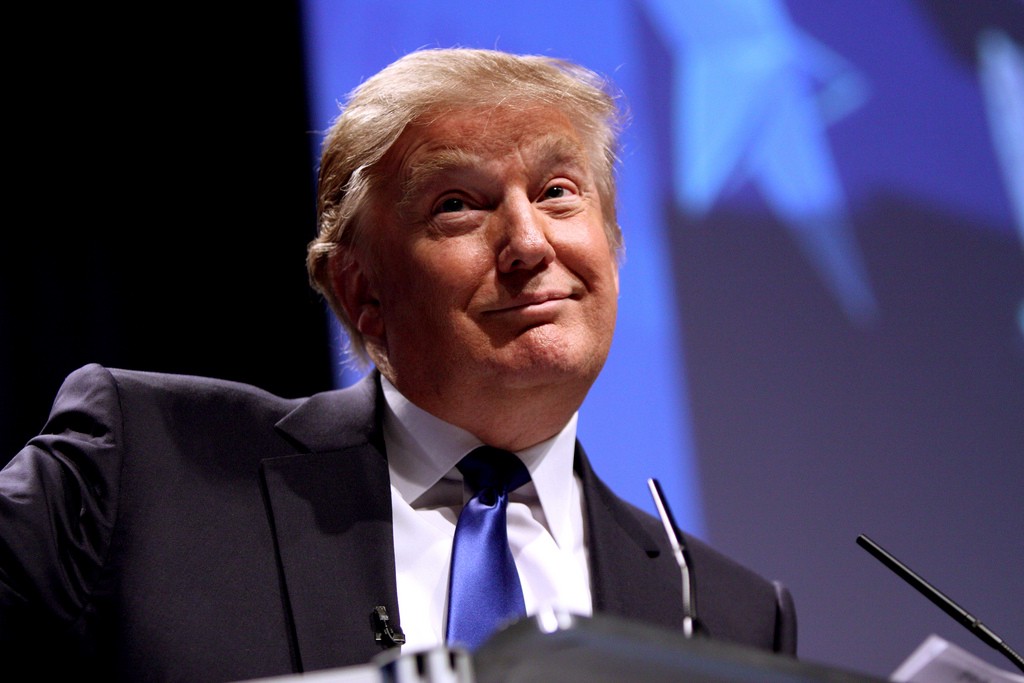The president’s social media habit is a national security issue.
Social media can open up new means of communication — but it can also expose our inner thoughts in real time. This can be problematic, especially if you’re the president. If you’re in executive office, you probably need executive control over your Twitter use.
Even by Trumpian standards, this week has been a nuts one: He fired FBI director James Comey Tuesday night, and of course, the next morning, he did what’s become something of a new POTUS custom: spend a couple hours watching cable news and live-tweet about whatever rankled him.
On Wednesday it was Democratic Senator Richard Blumenthal, who criticized the firing of the FBI director.
“Watching Senator Richard Blumenthal speak of Comey is a joke. ‘Richie’ devised one of the greatest military frauds in U.S. history,” he wrote on Twitter. “For years, as a pol in Connecticut, Blumenthal would talk of his great bravery and conquests in Vietnam — except he was never there. When caught, he cried like a baby and begged for forgiveness … and now he is judge & jury. He should be the one who is investigated for his acts.”
That Trump attacks a political opponent is not new. But to Tom Nichols, professor at the US Naval War College and author of The Death of Expertise: The Campaign Against Established Knowledge and Why it Matters, the real thing to fear is how Trump is constantly broadcasting in real time what’s going through his head to the world, including foreign powers.
Trump’s tweets show the details of his routine, Nichols says: when he wakes up, what he watches — a lot of Morning Joe and Fox & Friends — and who he likes in media. But they also “reveal even more about his emotions: they show how he speaks when he’s angry, who he thinks his audiences are, and what kind of issues take priority in his cognitive processes,” Nichols argues in the Federalist. Opponents abroad could be helped by this in any number of ways, he says, “including trying to decide when communications from the United States are coming directly from the president or from a group of advisers.” (Hint: he writes the angrier tweets.) To Nichols, Trump’s Twitter habit lets would-be enemies even greater access to “cognitive map,” or the way he thinks about and reacts to things.
While it would be nice if America didn’t get into more wars than it’s already involved in, if and when that happens, Trump’s social media habit “removes the uncertainty about a president’s actions that is necessary not only to an American leader’s freedom of action, but to the maintenance of stable deterrence with our opponents,” Nichols says. A lot of us tweet more than we should — this writer included. But when you’re the commander-in-chief, it’s not just an annoying tic, it’s a matter of national security.
Originally published at medium.com


